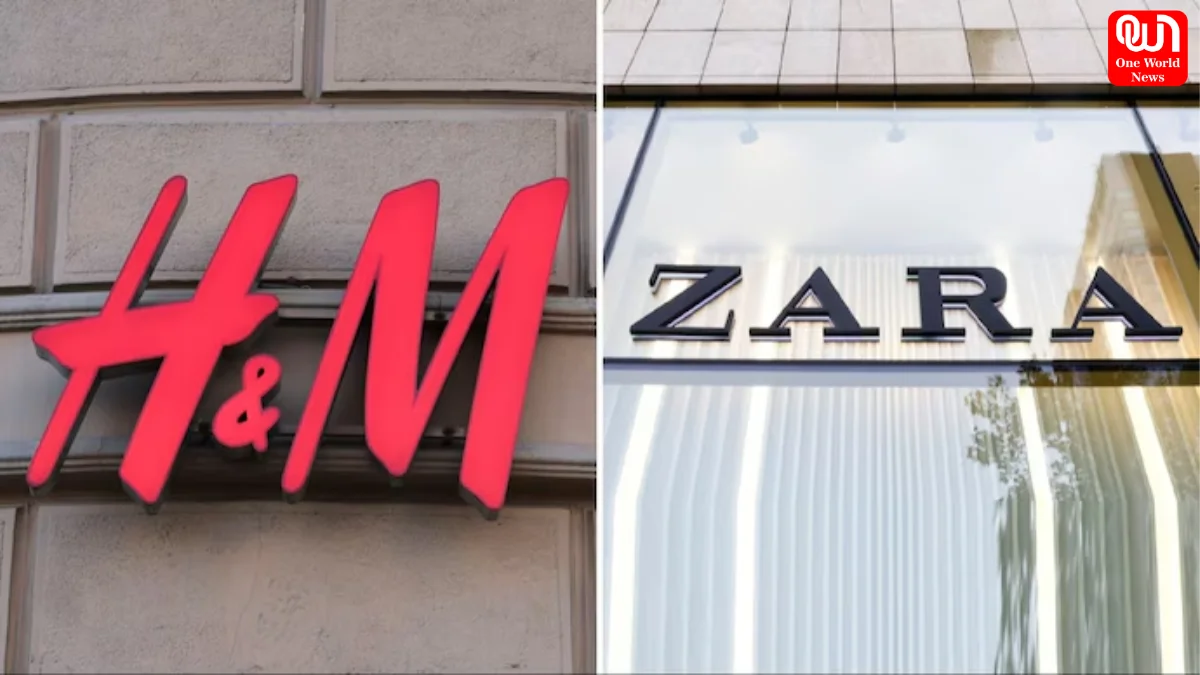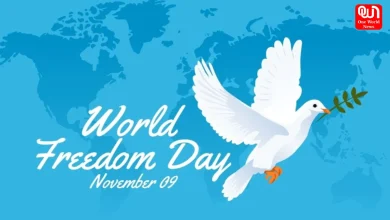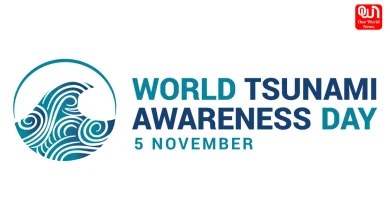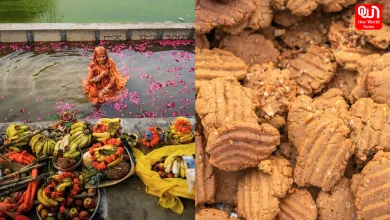Report links H&M and Zara to deforestation, land grabbing, corruption in Brazil
Discover how fashion giants H&M and Zara are implicated in deforestation, corruption & land grabbing in Brazil's Cerrado savanna. Shocking revelations unveiled.
The Dark Side of Fashion: H&M and Zara Linked to Deforestation, Land Grabbing, and Corruption in Brazil
The allure of fast fashion often obscures the harsh realities of its production processes. Recent revelations by the environmental group Earthsight shed light on the sinister connections between fashion giants H&M and Zara and the devastation of Brazil’s Cerrado savanna. This report uncovers the disturbing truth behind the cotton sourcing practices of these companies and the detrimental impact on the environment and local communities.
The Cerrado’s Precarious Fate: The Cerrado, renowned as the most biodiverse savanna globally, faces an existential threat due to rapid deforestation driven by Brazil’s agribusiness industry. Satellite imagery and extensive investigations reveal the extent of this destruction, with over 100,000 hectares of wilderness cleared by agribusiness giants like SLC Agricola and the Horita Group. Amidst this devastation, reports of corruption, land-grabbing, and violence emerge, painting a grim picture of exploitation and environmental degradation.
Read more: Unlock Celebrity Glam: 4 Celebrity-Inspired Hairstyles You Can Try At Home

Tainted Cotton: The Ethical Label Deception Despite the atrocities linked to its production, cotton sourced from these controversial farms finds its way into the supply chains of major fashion players. Shockingly, the cotton is labeled as ethical by leading certification scheme Better Cotton, exposing glaring loopholes in oversight mechanisms. The report by Earthsight underscores the urgent need for transparency and accountability in the fashion industry’s supply chains.
The Export Trail: H&M and Zara’s Complicity Earthsight’s investigation traces the export of over 816,000 tonnes of tainted cotton from farms in Bahia, Brazil, to Asian clothing manufacturers supplying H&M and Zara. This revelation implicates these fashion giants in perpetuating environmental destruction and human rights abuses, highlighting their complicity in the exploitation of vulnerable ecosystems and communities.
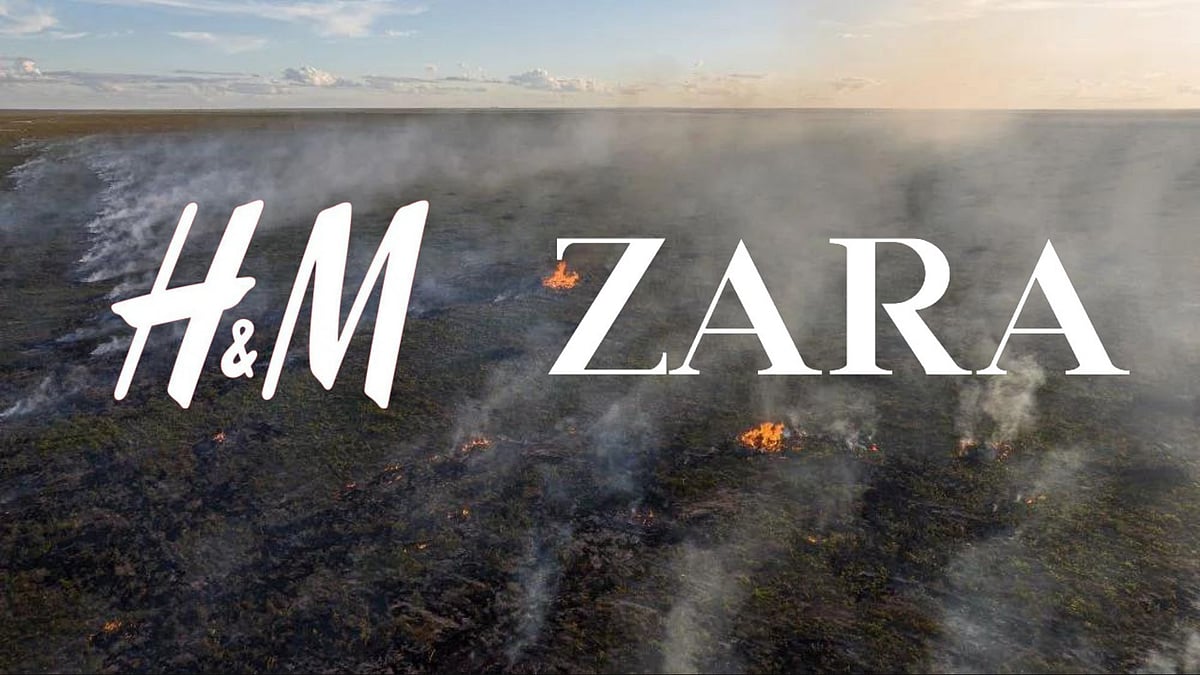
A Call for Accountability: In response to the damning allegations, Better Cotton pledges to conduct an independent audit to address the concerns raised in Earthsight’s report. However, the urgency of the situation demands immediate action to rectify the injustices perpetuated by the fashion industry. Inditex, the parent company of Zara, and H&M express their commitment to addressing the issue but stress the importance of transparency from Better Cotton in releasing the audit findings.
Read more: Hair Trends 2024 – Hairstyles And Hair Colors To Try This Year
The Voice of Resistance: While fashion conglomerates and certification bodies grapple with accountability, local communities and environmental advocates raise their voices against the injustices inflicted upon them. The Brazilian Cotton Producers’ Association (ABRAPA) vehemently denies the allegations, citing evidence provided by growers. However, the resilience of affected communities and the support of global activists underscore the imperative of holding corporations accountable for their actions.
We’re now on WhatsApp. Click to join.
Conclusion: Toward a Sustainable Fashion Future The revelations linking H&M and Zara to deforestation, land grabbing, and corruption in Brazil serve as a wake-up call for the fashion industry and consumers alike. Urgent measures must be taken to overhaul supply chain practices, prioritize ethical sourcing, and safeguard vulnerable ecosystems and communities. As consumers, we hold the power to drive change through informed choices and advocacy for a more sustainable and equitable fashion future.
Like this post?
Register at One World News to never miss out on videos, celeb interviews, and best reads.

